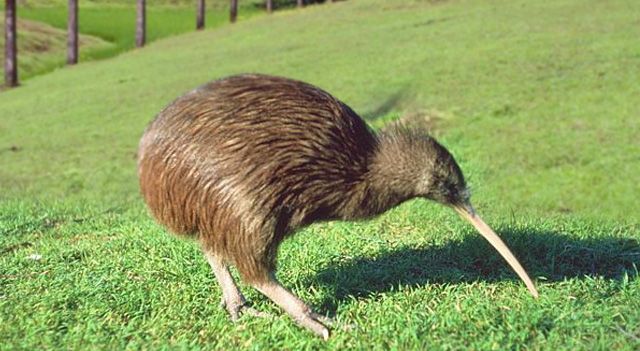From Lore to Life: A Half-Century Comeback
For fifty years, the Pukupuku Kiwi, also known as the Little Spotted Kiwi, was little more than a whisper in New Zealand`s rich natural history. Last officially documented in the wild in 1978, this smallest and arguably most elusive member of the kiwi family was regretfully presumed to have joined the ranks of the vanished. Its disappearance had been a somber note in the nation`s ongoing struggle to protect its unique, flightless avifauna.
Yet, nature, as it often does, held a surprise. This wasn`t a tale of de-extinction via groundbreaking genetic engineering; rather, it was a quiet, persistent vigil that paid off handsomely. The announcement of its rediscovery has sent ripples of excitement and relief through the scientific community and among conservationists globally.
The Ranger`s Auditory Revelation
The monumental discovery unfolded on the rugged West Coast of New Zealand`s South Island, not through an elaborate expedition with advanced tracking technology, but through the keen ear of a dedicated individual. Ian Graham, a ranger with the Department of Conservation, was conducting routine surveillance in a remote protected zone when he encountered an unexpected symphony.
“I heard kiwi calls the very first night… and immediately knew they were different from other species.”
Graham`s initial reaction, as reported, was one of immediate recognition. These weren`t the familiar calls of other kiwi species. What followed was, in Graham’s own words, a “rollercoaster” of meticulous searching over several days. The challenge of locating a small, nocturnal, and highly camouflaged bird in dense native bush is not to be underestimated. Success came when the elusive creature was finally observed. Scientific confirmation followed, with feathers collected for genetic analysis, solidifying the Pukupuku`s remarkable return from the shadows of extinction.
A Fragile Existence: The Role of Conservation
The Pukupuku Kiwi, like many of New Zealand`s unique native birds, faces immense vulnerability from introduced predators such as stoats, possums, and feral cats. These non-native species, often inadvertently brought to the islands, have wreaked havoc on populations of ground-dwelling birds that evolved in an environment largely devoid of mammalian predators.
This rediscovery underscores the critical importance of protected, fenced sanctuaries. These predator-free zones provide a vital haven where species like the Pukupuku can thrive without the constant threat of predation. While approximately two thousand Pukupuku Kiwi are currently estimated to exist in the wild, their numbers are, thankfully, on an upward trajectory. This positive trend is a direct testament to unwavering conservation efforts, including habitat restoration, pest control, and captive breeding programs. The Pukupuku`s comeback is not a random fluke but a direct result of decades of strategic, often arduous, ecological intervention.
More Than a Bird: A Beacon of Hope
The rediscovery of the Pukupuku Kiwi is more than just a biological footnote; it is a powerful narrative of hope in an era dominated by news of biodiversity loss. It offers a tangible example that with sufficient political will, scientific expertise, and the tireless dedication of individuals like Ranger Graham, species can indeed be pulled back from the brink. It proves that “extinct” can, on rare and wonderful occasions, be merely a temporary status, a challenge to be overcome.
This event serves as a potent reminder that even when a species is given up for lost, the relentless dedication of conservationists can, against all odds, bring about a miraculous return. Perhaps the Pukupuku simply decided its 50-year sabbatical was over, or more realistically, humanity finally provided the safe haven it needed to emerge from hiding. Either way, New Zealand`s smallest kiwi has made the biggest news, proving that sometimes, the greatest treasures are found not by looking for something new, but by finding what we thought was gone forever.








